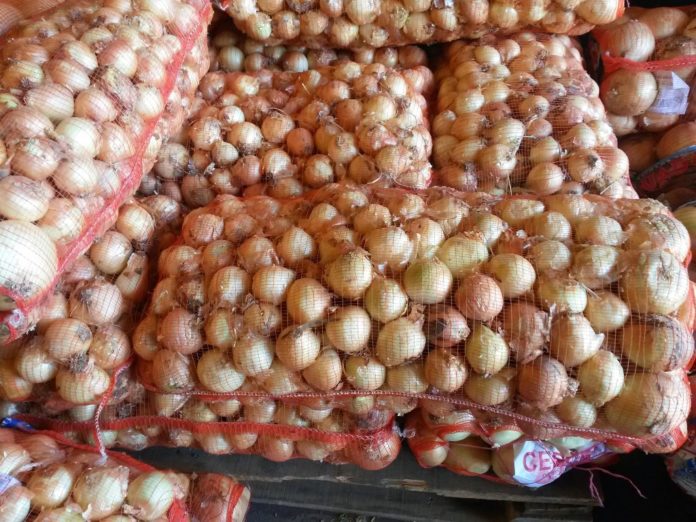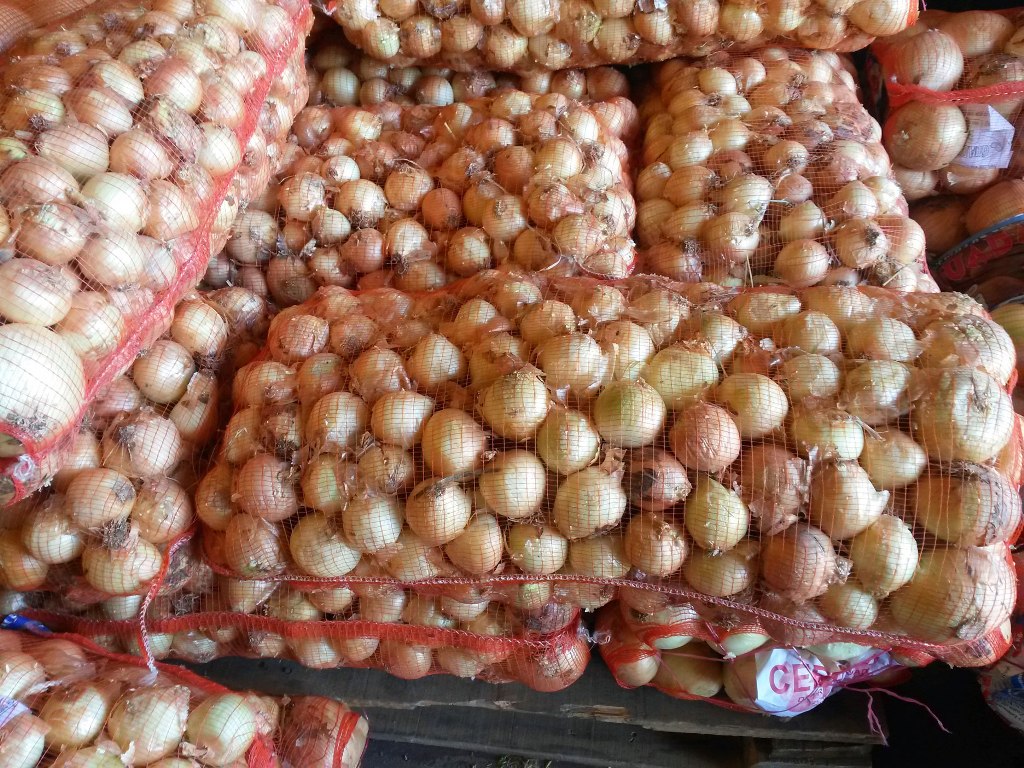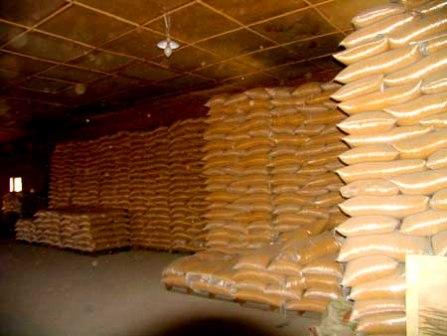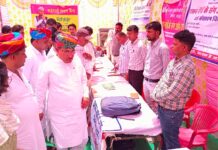

Unexpected climatic changes, market slumps and pest attacks—all of it drastically affects our farmers. Unavailability of sufficient storage space is a major problem for agriculturists, which ultimately affects their annual income. Left with no other choice, poor farmers are compelled to dispose off their crops at throw away prices. To help farmers overcome this obstruction, Rajasthan cooperative societies have braced themselves up. The cooperative societies of Jaipur and Ajmer will offer warehousing facilities to farmers so they can store their hard-earned harvest.
But this privilege comes with a fee. The village cooperative societies will lease warehouse facilities to needy farmers on annual basis. The farmers will have to pay just Rs 2 per sack/month—a meager rent, compared to the colossal losses incurred on the total produce.
Rajasthan cooperative minister Mr. Ajay Singh Kilak sees it as a progressive measure that will protect farmers from distress and losses. The cooperative sectors will come together to arrange warehousing and cold storage facilities to minimize damage to crops. This way, consumers can enjoy seasonal produce all-year round and the farmers will receive appropriate payments in exchange of their crops.

Hingonia based Shriram Village cooperative society that falls under Ajmer district administration, is pioneering this innovative initiative. The society manages two stores having capacity worth 250 and 100 metric tons.
This facility was launched this April. Recently, the cooperative society has changed its policy on warehousing. They initially charged 12% interest on rented goods. Nevertheless, farmers can avail 2% discount on interest by paying up fee in advance.
Besides leasing their storage space, the place offers 75% value of farmer’s produce at the existing market value, upon request. In simpler words, if a farmer needs money, he can mortgage their ‘store policy’ (that is goods contract) to avail 75% of the total amount, which is directly credited to their bank accounts. This way, the farmers needn’t go anywhere to sell their goods. Moreover, the society provides them ‘free services’ to weigh and measure their produce.
These measures will build up trust with farmers and encourage them to avail government benefits.







